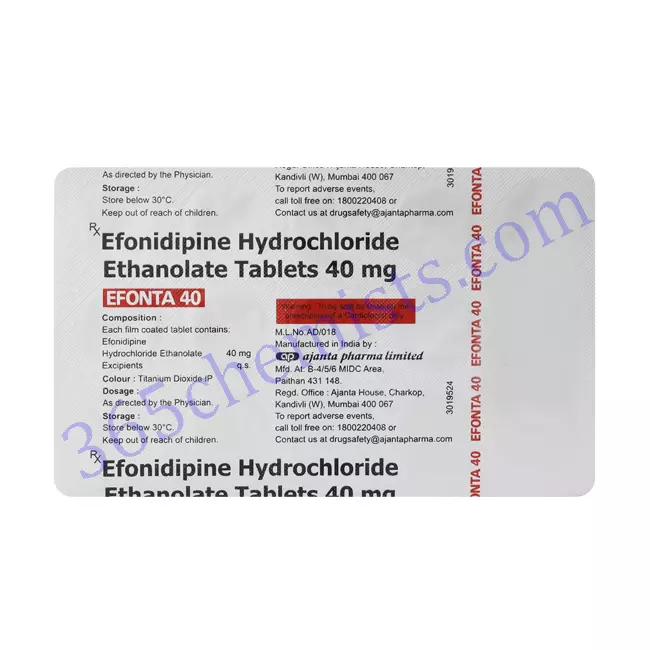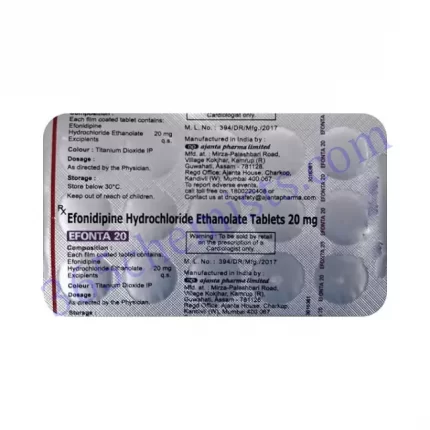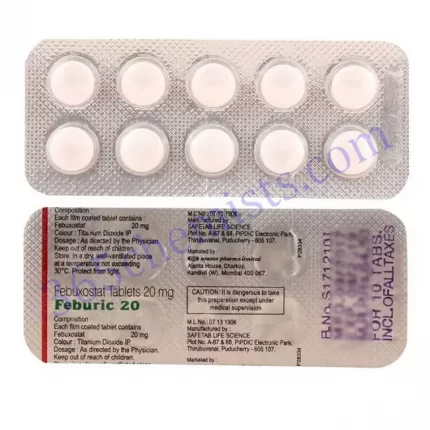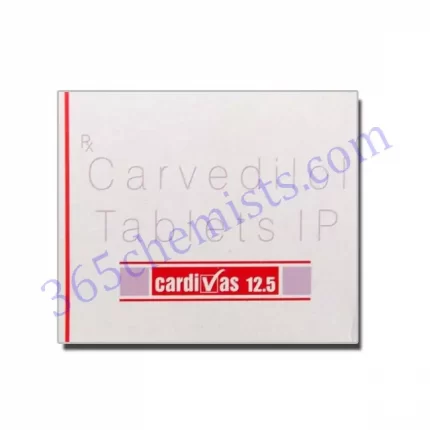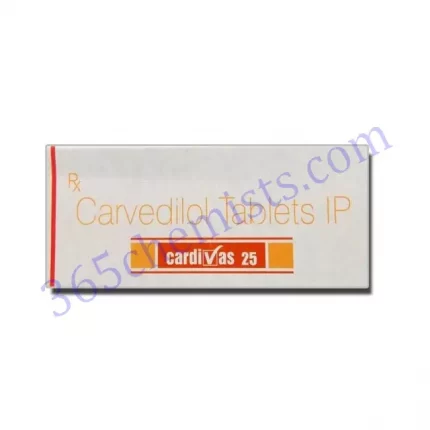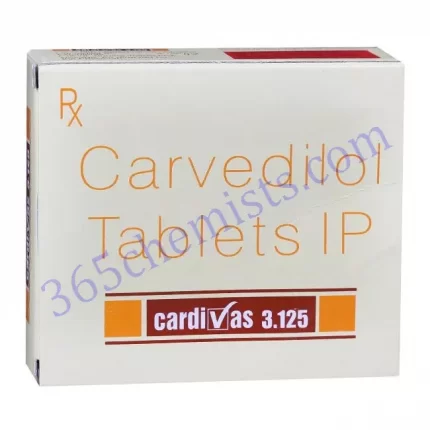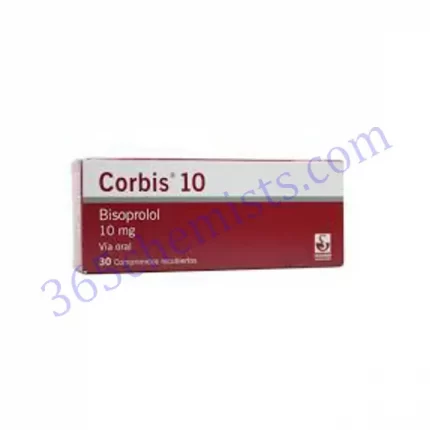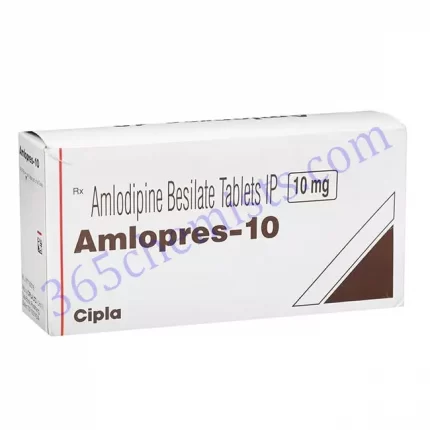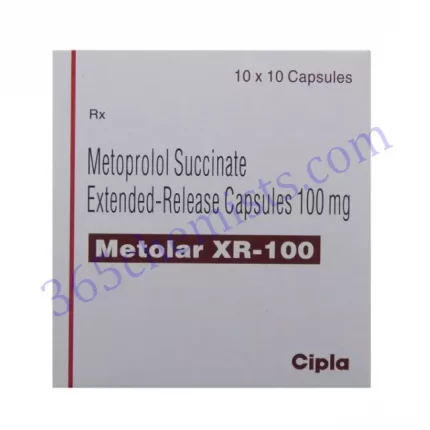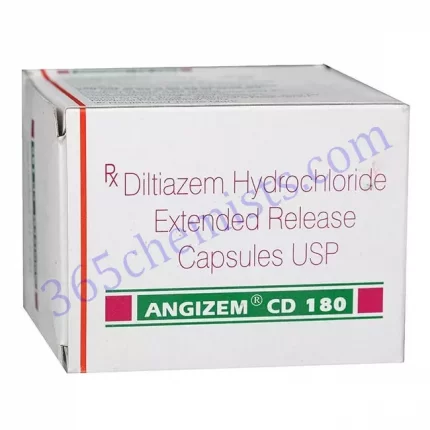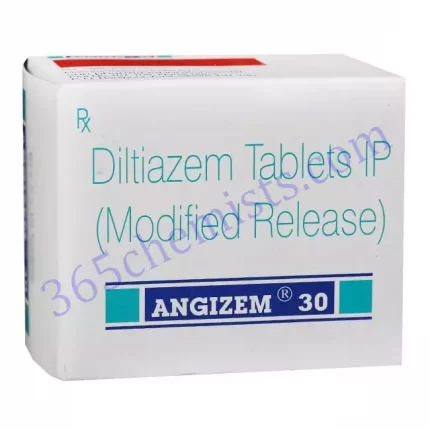Efonta 40 Tablet (Efonidipine 40mg): A Comprehensive Overview
Efonidipine acts as the primary component in the formulation of the medicine known as Efonta 40 Tablet. Calcium channel blockers are a type of medication that is frequently recommended for the treatment of hypertension, also known as high blood pressure. In the following detailed explanation, we will supply you with important information about Efonta 40 Tablet, including its applications, recommended dosage, potential adverse effects, and safety precautions.
Uses of Efonta 40 Tablet
The primary application of the Efonta 40 Tablet is in the administration of hypertension treatment. It does this by relaxing the blood vessels and making them wider, which in turn makes for easier blood flow and a lower blood pressure reading. Efonta 40 Tablet serves to alleviate the strain on the heart and lessen the risk of consequences associated with high blood pressure, such as heart attack and stroke. It does this by lowering the resistance in the arteries, which in turn helps to lower the strain.
Dosage and Administration
The Efonta 40 Tablet should be used orally once daily at a dosage of 40 milligrammes, as indicated. However, the dosage may change depending on individual circumstances such as the patient’s response to the drug and the severity of the patient’s hypertension. It is essential to ensure that the amount and length of therapy prescribed by your doctor are carried out in accordance with the directions supplied by your healthcare expert. You can choose to take your Efonta 40 Tablet with or without food.
If you forget to take a dose, you should take it as soon as you remember, unless it is getting close to the time of the next dose that you are supposed to take. In these kinds of scenarios, the best course of action is to ignore the missed dose and carry on with the regular dosing plan. It is not a good idea to take double the normal dose in order to make up for a missed one.
Side Effects
Even while Efonta 40 Tablet is generally well tolerated, it nevertheless has the potential to induce a number of adverse effects. Peripheral edoema, often known as swelling in the legs and ankles, headaches, dizziness, flushing, and palpitations are common complaints among patients who use this medication. These negative effects are often modest and temporary, but it is imperative that you speak with a medical practitioner if they become more severe or continue after treatment has been discontinued.
In extremely unusual circumstances, the Efonta 40 Tablet could result in more serious adverse effects such as allergic reactions, an irregular heartbeat, or chest pain. Seek emergency medical assistance if you encounter any side effects that are severe or continue for an extended period of time.
Precautions and Warnings
Before beginning treatment with Efonta 40 Tablet, you should discuss any preexisting medical concerns with your healthcare practitioner. These disorders may include difficulties with your liver or kidneys, heart disease, or any known allergies. In order to prevent any potential adverse reactions caused by drug interactions, it is imperative that you declare any and all drugs, supplements, or herbal items that you are currently using.
Because Efonta 40 Tablet might make some people feel drowsy or lightheaded, you should exercise extreme caution if you plan on driving or operating heavy machinery while taking it. Consumption of alcohol should be restricted because it has the potential to amplify these effects.
It is not recommended to use Efonta 40 Tablet if you are pregnant or breastfeeding unless otherwise directed by your doctor or other qualified healthcare expert.
Mechanism of Action
Efonidipine is the active chemical that may be found in the Efonta 40 Tablet. Efonidipine is a member of the group of medications known as dihydropyridine calcium channel blockers. Vasodilation is the result of this method’s efficacy, which is achieved by preventing calcium from entering the smooth muscle cells of blood vessel walls. Efonta 40 Tablet works to reduce peripheral vascular resistance and lower blood pressure by relaxing the blood vessels so that more blood may flow through them.
Clinical Trials and Efficacy
The effectiveness of Efonta 40 Tablet in reducing blood pressure in patients diagnosed with hypertension has been shown through a series of clinical trials. It has been demonstrated to effectively lower both systolic and diastolic blood pressure, which ultimately results in improved blood pressure control and a decreased risk of cardiovascular events.
Efonidipine has demonstrated antihypertensive effects that are comparable to, or even superior to those of other calcium channel blockers, in research that compared it to those studies. It has also been discovered to have a favourable tolerance profile, with a minimal incidence of adverse effects. This was discovered through extensive testing.
Special Populations and Considerations
Adjustments to the recommended dosage of Efonta 40 Tablet may be necessary for some patient groups, such as the elderly or those with conditions that affect the liver or kidneys. It is essential to discuss the matter with a qualified medical practitioner in order to ascertain the correct dosage, which should be based on the specifics of the patient’s medical history.
Patients who suffer from certain cardiac problems, such as heart failure or arrhythmias, need to exercise extreme caution when taking an Efonta 40 Tablet dosage. In these patients, it is recommended to keep a close eye on both their blood pressure and their cardiac function.
Conclusion
Efonta 40 Tablet, also known as efonidipine 40 mg, is a drug that is frequently recommended for the treatment and control of hypertension. Under the direction of your healthcare practitioner, you will be able to use Efonta 40 Tablet successfully and safely if you have a solid understanding of its applications, dose, potential adverse effects, and safety precautions. It is imperative that the correct dosage be taken as directed, that the approved administration instructions be followed, and that you speak with your healthcare professional to receive individualised guidance and assistance. You will have a better chance of efficiently controlling your blood pressure and lowering the risk of complications linked with hypertension if you do so.

